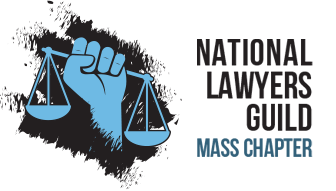“Who is Protected and Who is Served?” is a report put together by Northeastern University’s School of Law’s Criminal Justice Project. In brief, the paper outlines a discrepancy between the broad exercise of authority wielded by campus police departments and the oversight of their conduct as required by law.
Below is an excerpt from the report’s introduction:
“Police violence has shaped racial and community relations across the country dating back to the history of slave patrols and anti-union brutality more than 100 years ago. Police forces, institutions uniquely authorized by our democratic government to inflict violence on members of its own society, have grown in numbers, resources, and power in recent decades. Though support for increased enforcement has been extensively shown to have little to do with the actual crime rate, police are often cited as the first option to solve problems related to public safety, and there are now over 17,000 distinct police departments across the country. Amidst longstanding complaints of racial profiling, discriminatory enforcement and prosecution, and brutality, federal and state legislatures and judiciaries have enacted measures to oversee and control the conduct of police officers entrusted with such extreme power and discretion. Whether these controls are successful or not, few people would suggest that police should be entirely free from rules and oversight. One area, however, where the proliferation of accountability seems to have fallen off the radar is in private police forces that are primarily accountable not to the people or government, but to a private corporation or entity.”
To access the full report, click here.



